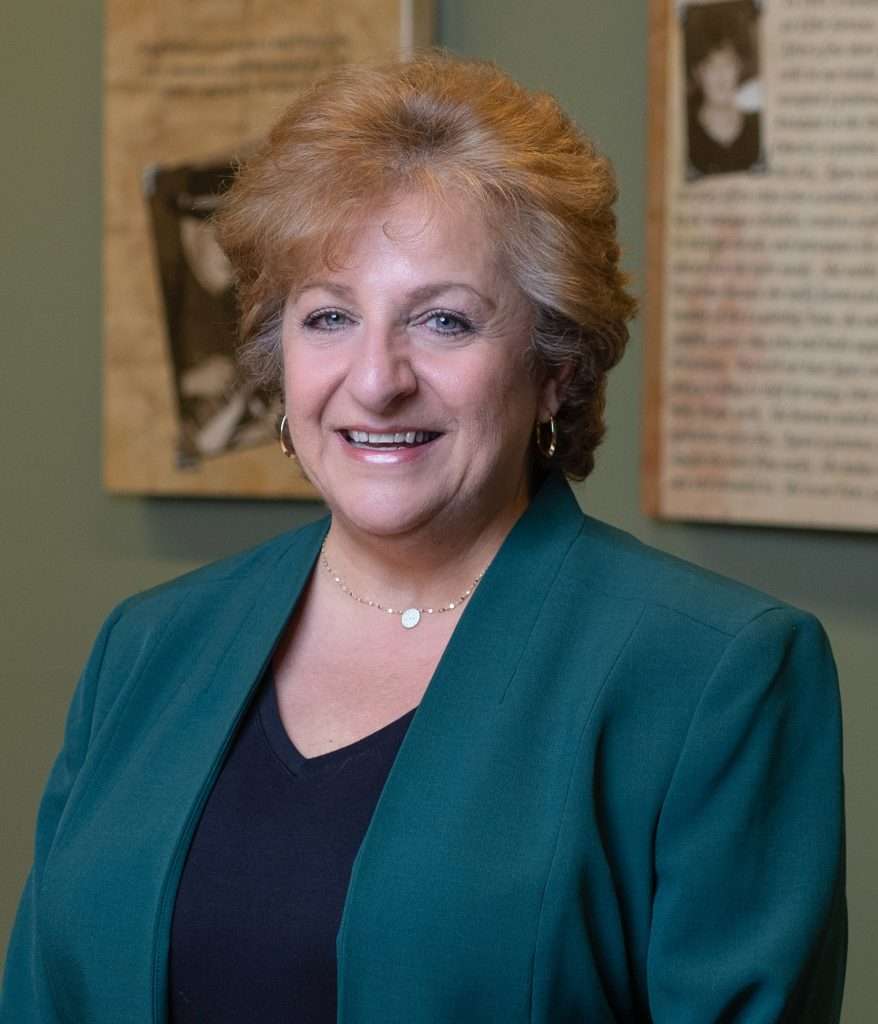
Question: I am a widower, aged 75, living alone in a condo. My wife and I had no children, and we have no relatives in the area. Many of my friends have family nearby, but others, like me, are alone.
How common is my situation? Sometimes, it can feel a bit frightening.
Answer: More and more people aged 60 and over are aging alone as solo agers, without family members nearby. All are impacted by the presence or absence of a reliable support system. Research from the University of Connecticut’s School of Social Work reveals interesting information about this population. It indicates that older adults with children feel especially isolated when they live apart from family members. Many individuals who do not have children have created a chosen family of friends over the years. However, the UC research also showed that 39 percent of study participants could not pinpoint any person to call if they became sick and needed help at home.
Solo aging expert Carol Marak suggests adults prepare for the future by evaluating their lives in these areas:
Health: Know your personal and family histories; be sure to manage any chronic illnesses; get annual health screenings; eat a healthy diet. Housing: Be sure your home will meet your future physical needs and financial capabilities.
Social connections: Take stock of your daily interactions. Assess your support and the size and quality of your social network.
Exercise and fitness: Measure your mobility and flexibility. Determine how easily you can change from a sitting to a standing position; how far you can walk; how many pounds you can lift comfortably.
Transportation: Assess whether you can continue to drive at night or in heavy traffic. Make sure you will be able to shop and get to medical appointments—in your own vehicle or by using a ride service.
Finances and legal matters: Calculate whether your retirement savings will allow you to maintain your current lifestyle. Determine your amount of debt and your savings in an emergency fund. Specify your healthcare decisions, such as whether you want to be resuscitated in the event of a dire emergency, and put these instructions in writing. Create financial and health proxies. Make a will.
If you’re living alone, you should make plans to maintain your day-to-day safety. Each morning, check in with a friend by phone or email. Designate someone your friend can call to visit your home and confirm you are OK if you do not respond to this check-in.
AgeSpan’s mission is to help older adults like you—and others—live safe and healthy lives at home as they age. We offer assistance with information and referral, caregiver support, in-home care options, nutrition services, housing support, and more.
